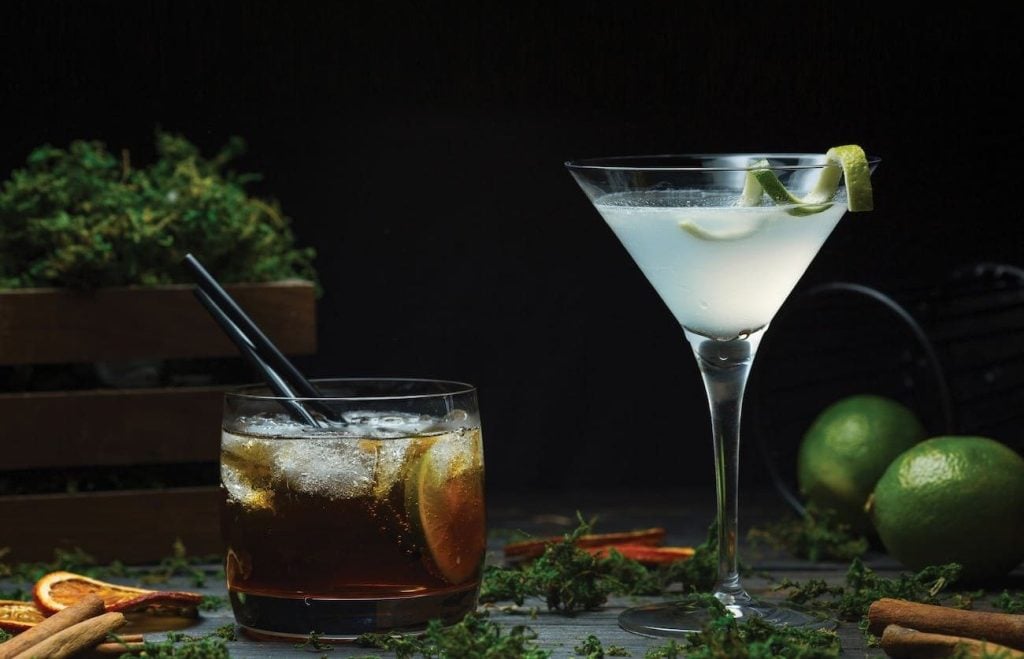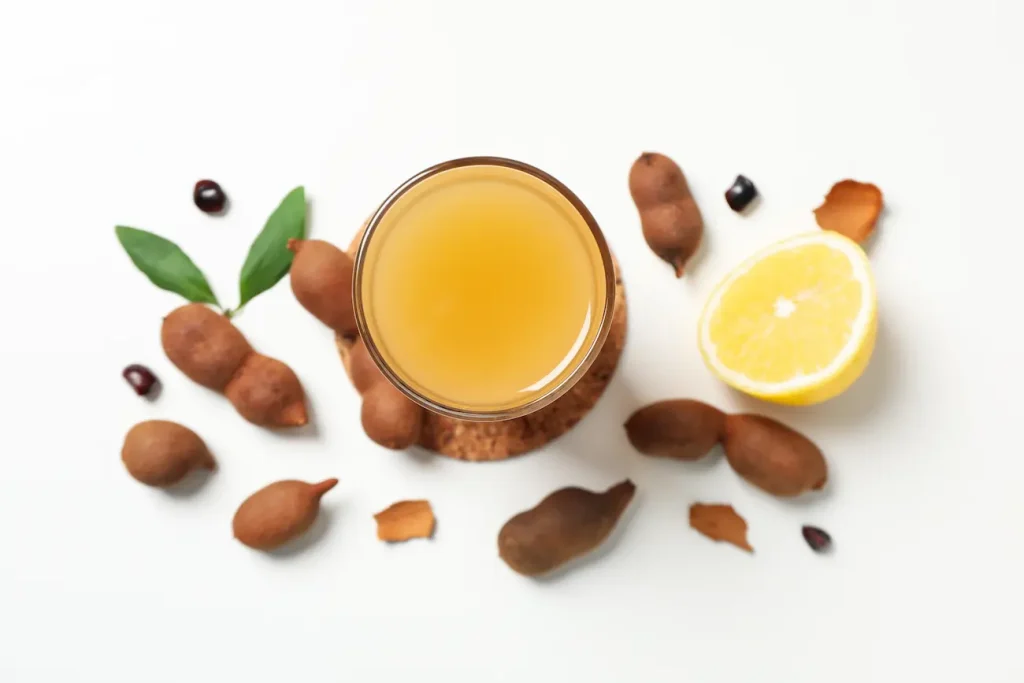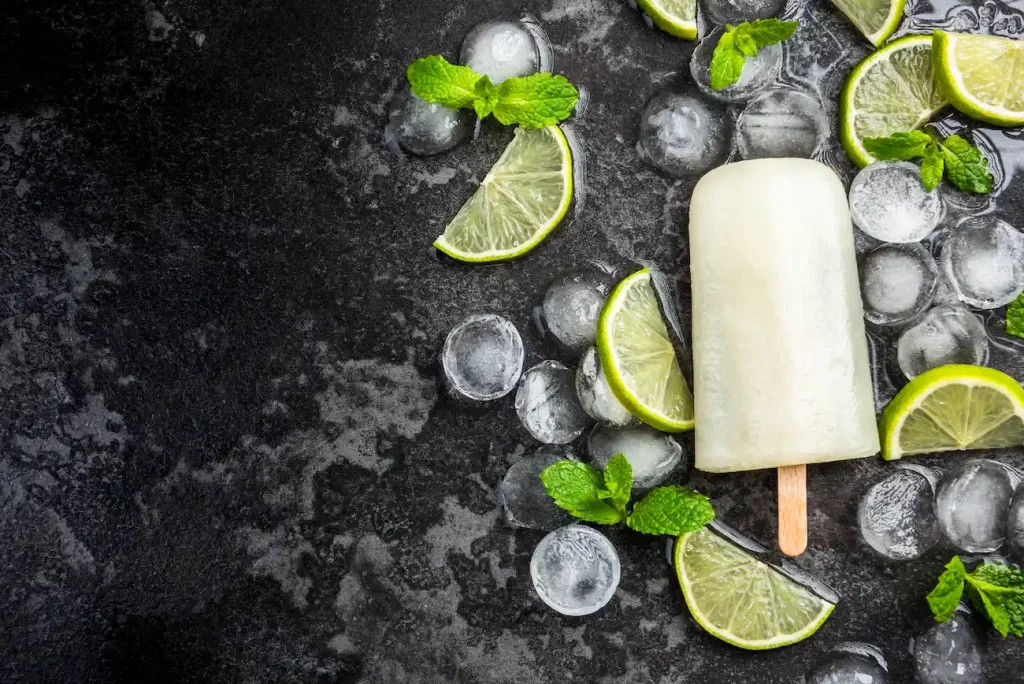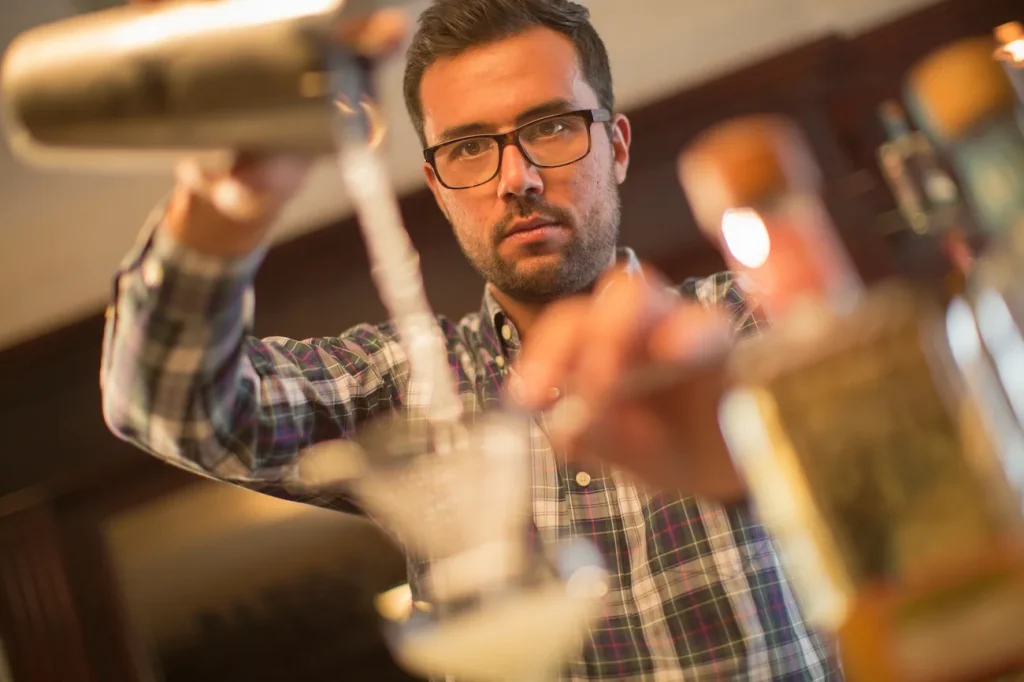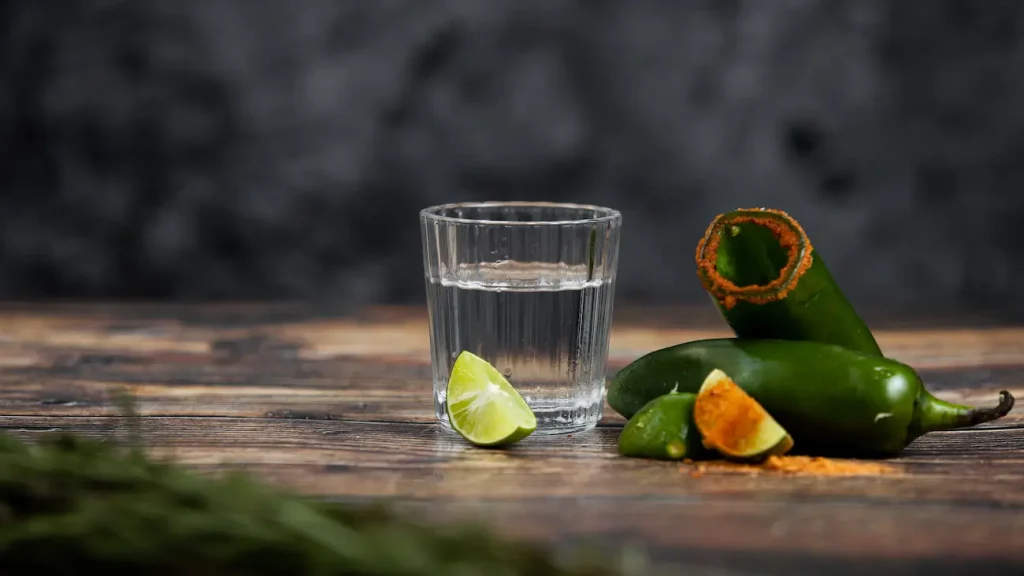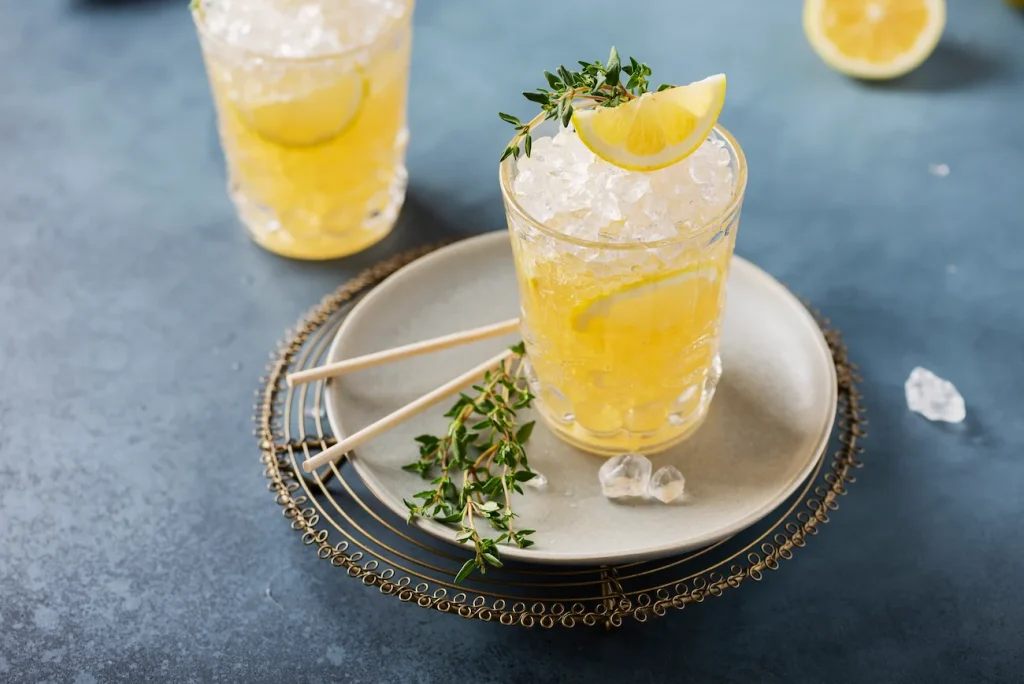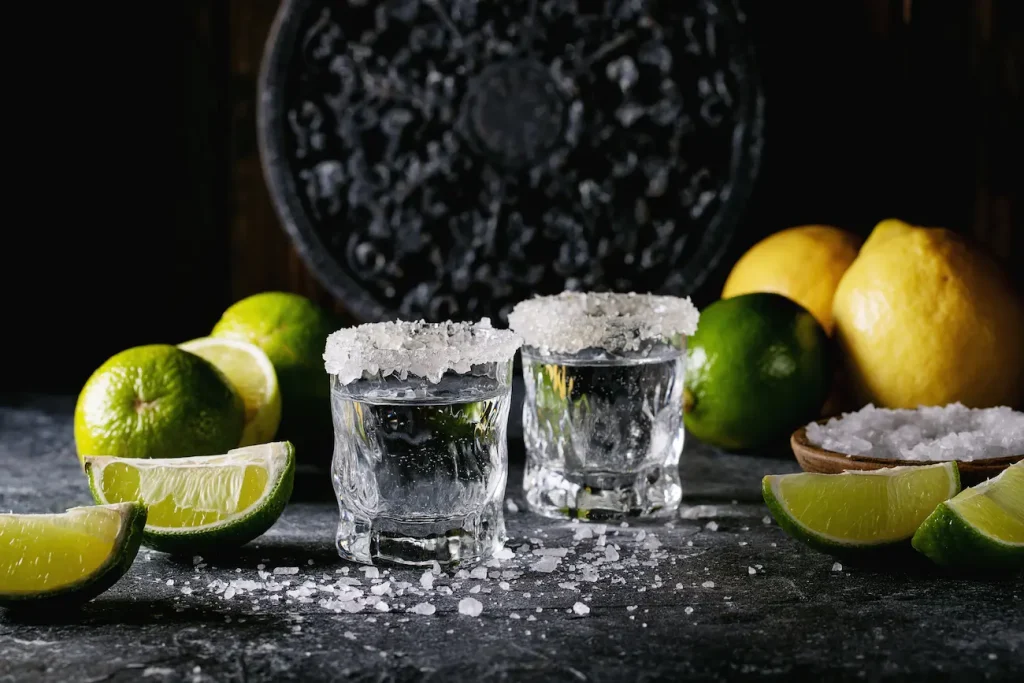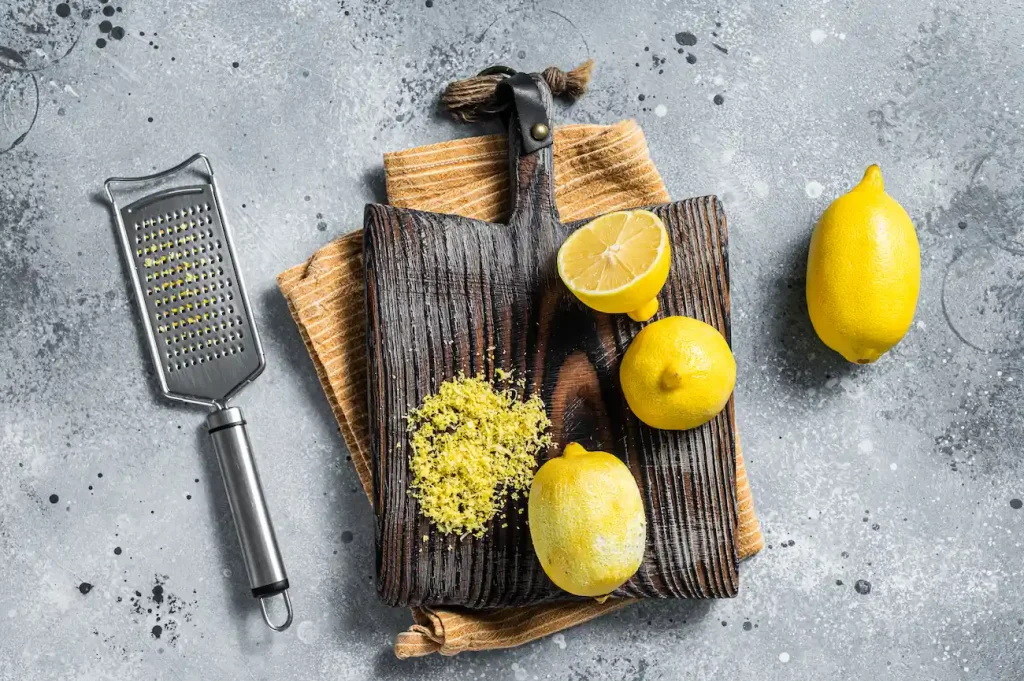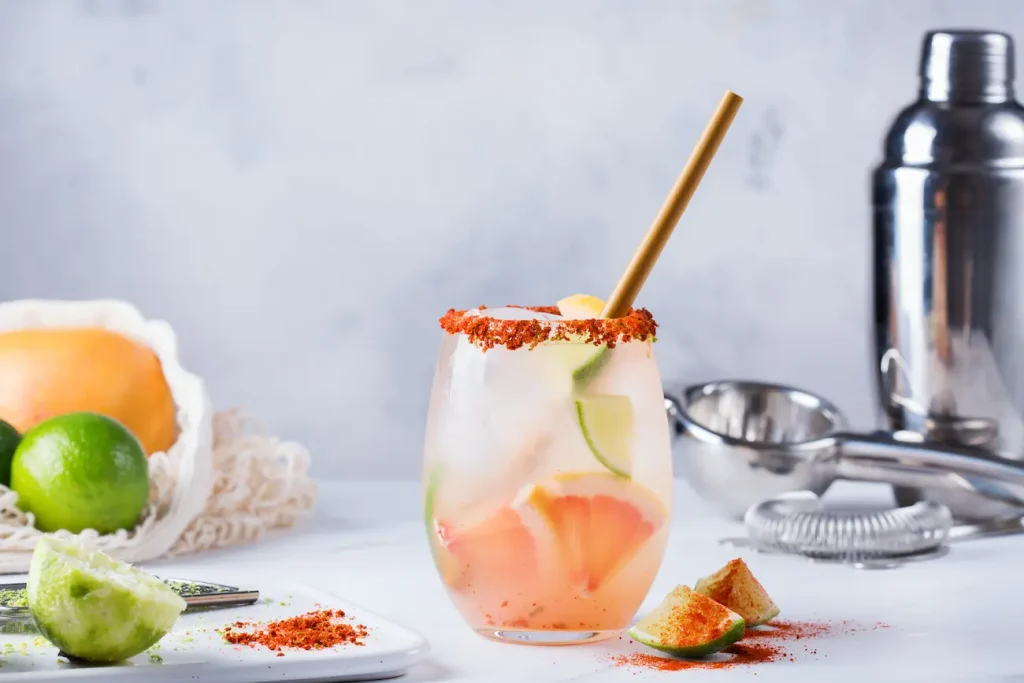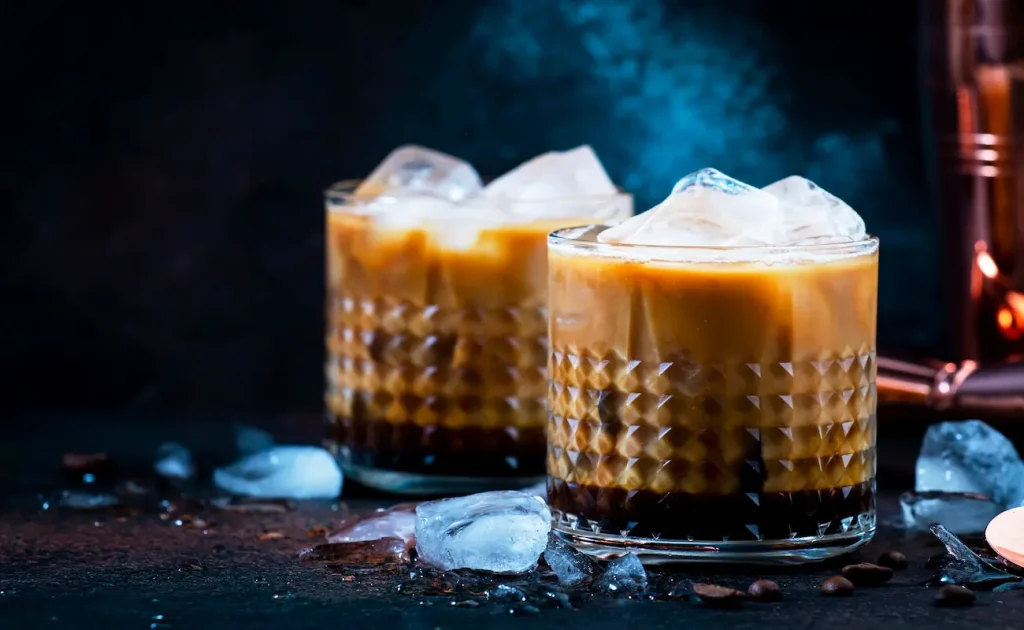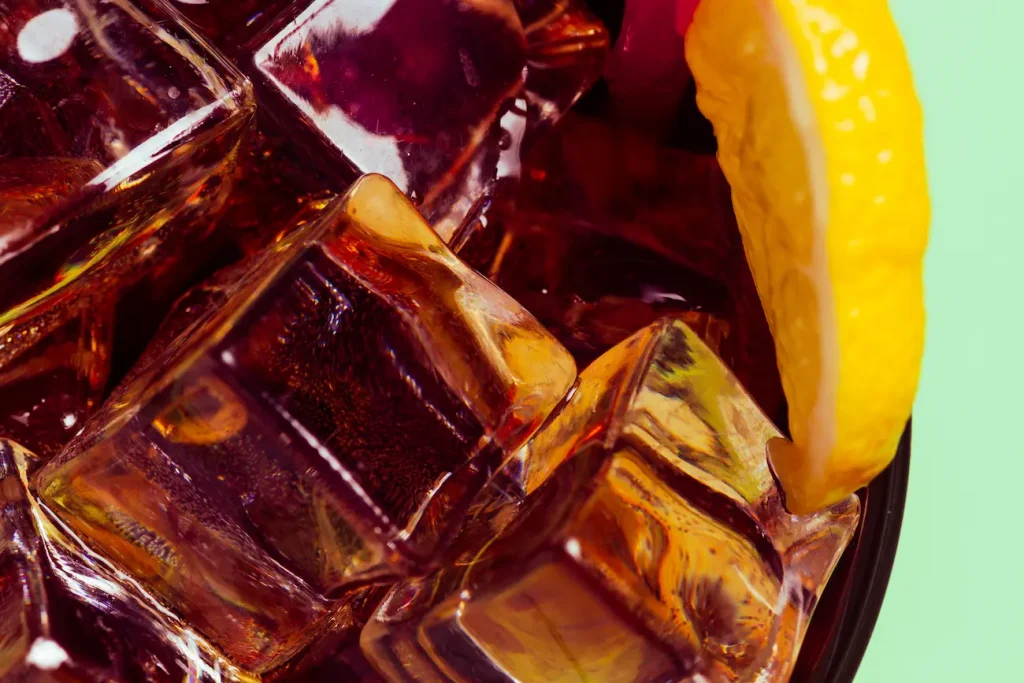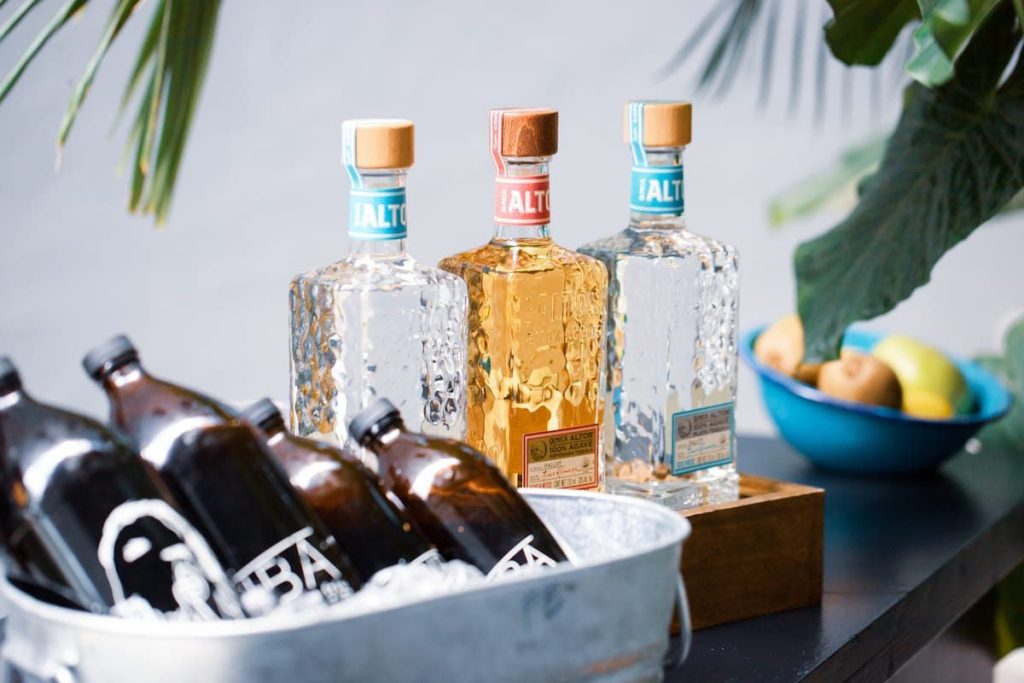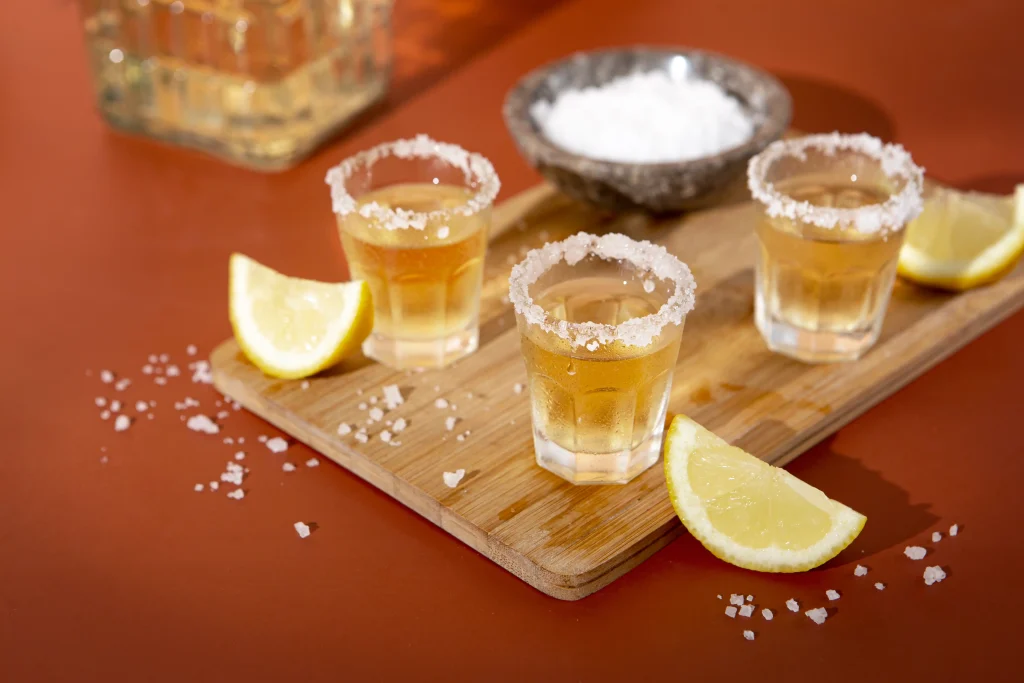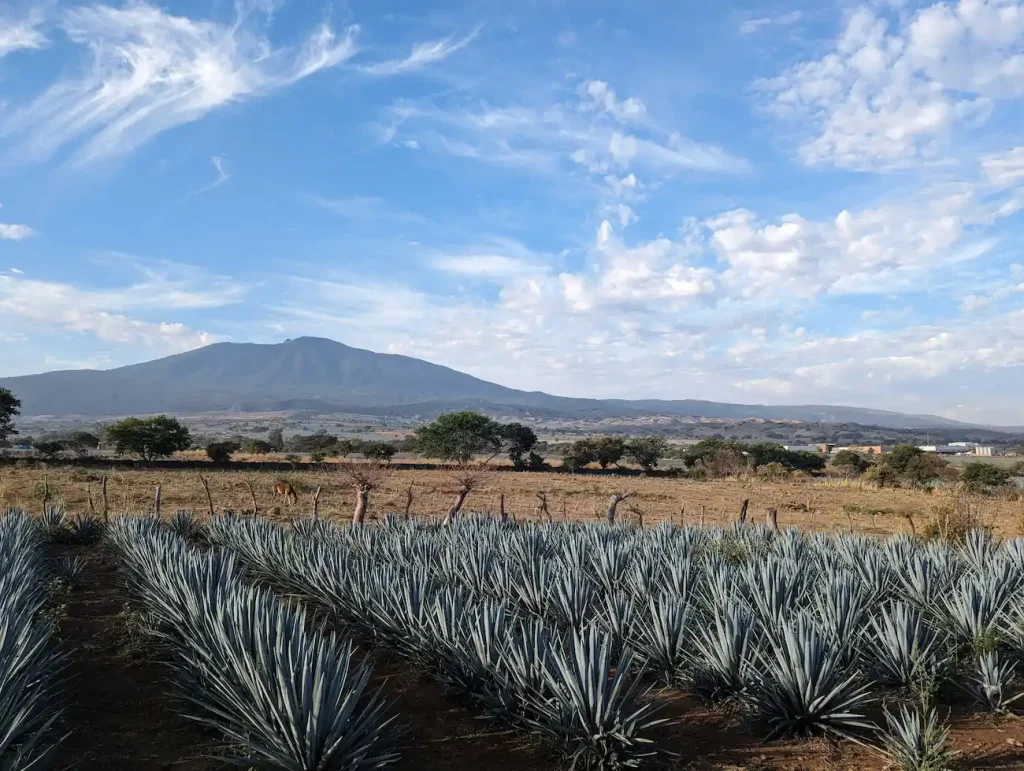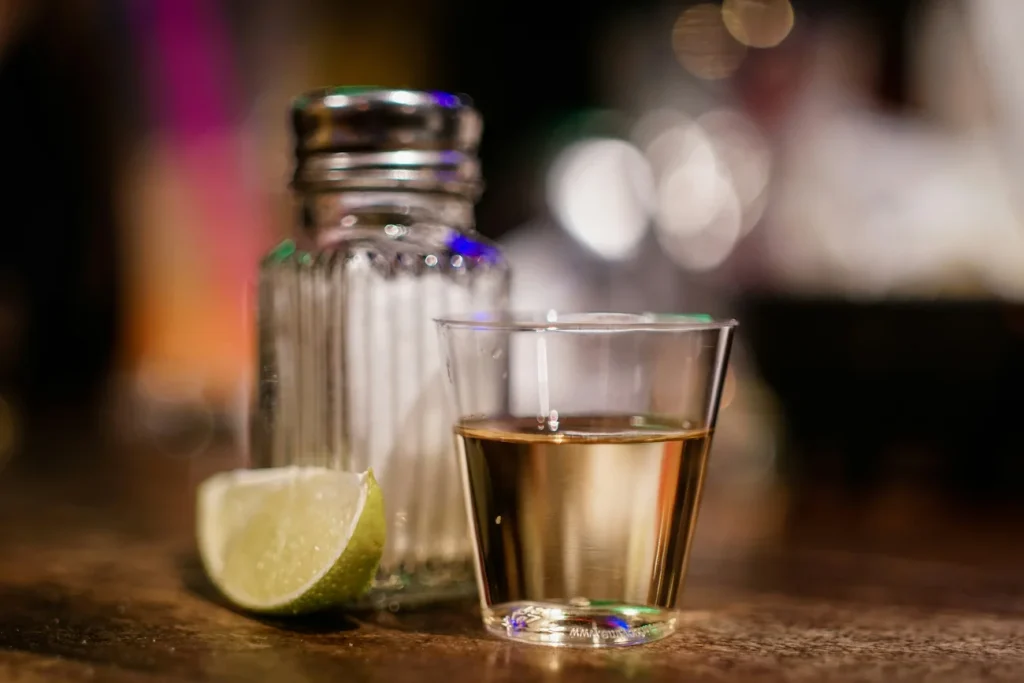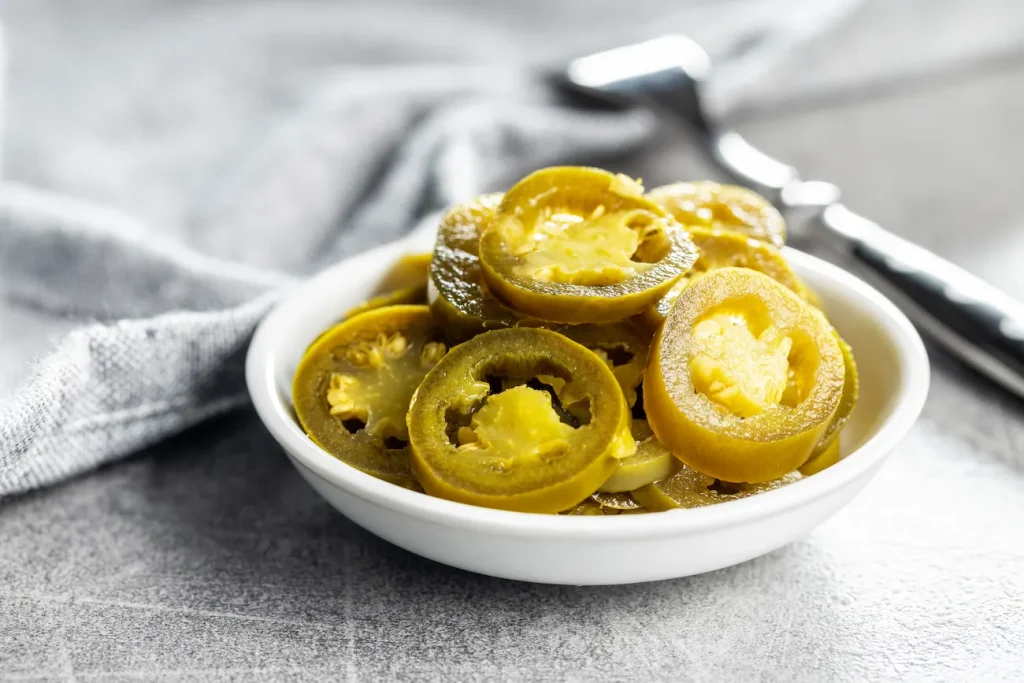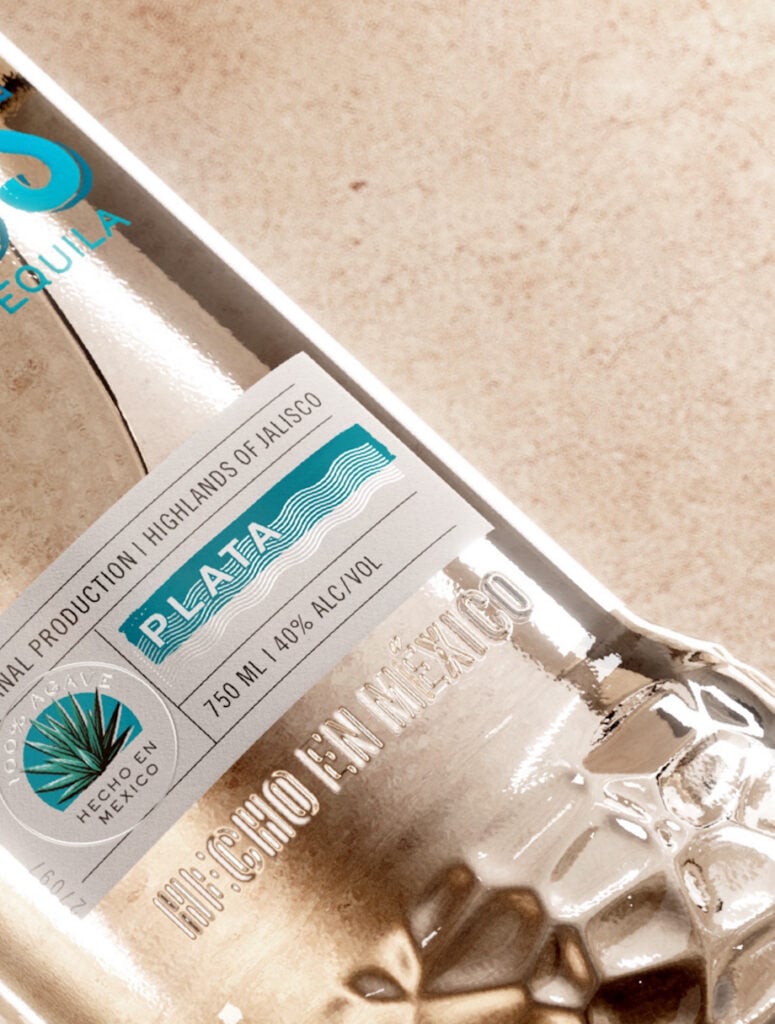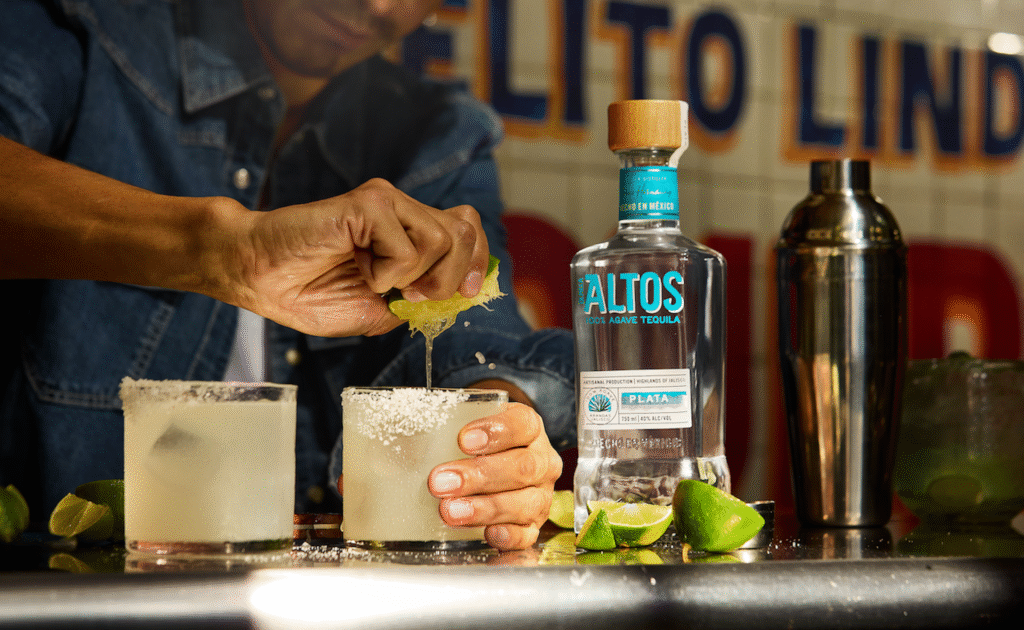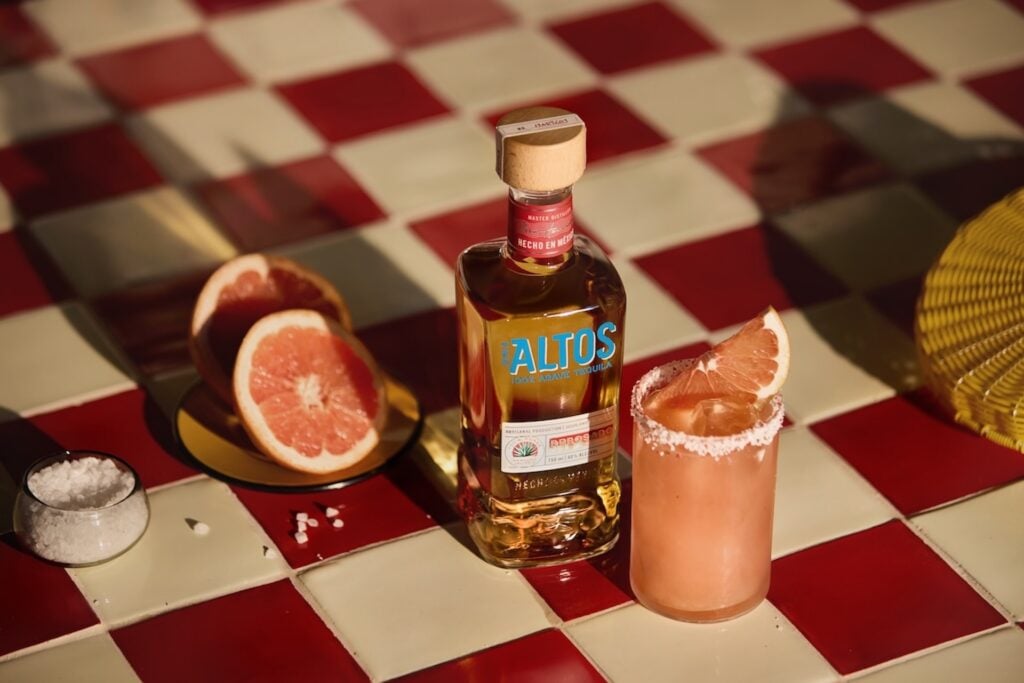The town of Tequila, situated in the state of Jalisco, Mexico, is widely acknowledged as the original home of the spirit bearing its name. Tucked away in a region defined by its red volcanic soil and distinctive climate, Tequila has served as the heartland of agave-based spirits for generations.
This charming town is not only steeped in historical importance but also stands as a lively centre for the production and celebration of tequila. Travellers have the chance to tour distilleries, taste a variety of tequilas, and immerse themselves in the rich cultural traditions that have shaped this iconic drink.
Regional Significance in Production: Where Can Tequila Be Made?
The state of Jalisco, particularly the area surrounding the town of Tequila, plays an essential role in the production of tequila. The specific combination of soil and climate in this region is particularly well-suited to cultivating the Blue Weber Agave —the sole variety permitted in the making of genuine tequila.
The mineral-rich volcanic terrain, coupled with the area’s unique microclimate, contributes to the spirit’s distinctive flavour profile. In addition, age-old techniques passed down through generations in this region help maintain the unmatched quality and authenticity for which tequila is known.
To discover the full range of tequilas crafted with these traditional methods, explore the brand’s complete selection and enter the wonderful world of quality tequila.

Designation of Origin and Legal Production Criteria
The designation of origin for tequila is a legal safeguard designed to preserve the authenticity and uphold the standards of this renowned spirit.
Under Mexican law, tequila may only be produced in specific areas, with the bulk of production centred in the state of Jalisco. However, a limited number of regions in other states are also authorised for production, including:
- Guanajuato
- Michoacán
- Nayarit
- Tamaulipas
This designation ensures that only agave spirits crafted within these regulated zones—and in accordance with strict guidelines—may bear the name “tequila.” These regulations cover everything from the type of agave employed to the methods of production and ageing standards, all of which help to preserve the drink’s integrity and cultural value.
This legal protection not only secures the spirit’s unique identity but also strengthens local economies and time-honoured traditions across the certified regions.
The Origins of Tequila
Tequila’s history stretches back to Mexico’s ancient civilisations, long before Spanish conquest. Indigenous groups such as the Aztecs and Nahuatl people fermented the sap of the agave plant to produce pulque —a cloudy, mildly alcoholic drink.
Far more than a recreational beverage, pulque held a revered status in religious ceremonies and cultural practices. The agave plant itself was venerated as a divine gift, integral to both daily life and spiritual expression in pre-Hispanic societies.
The landscape of agave-based drinks changed profoundly with the arrival of the Spanish in the 16th century. Bringing distillation techniques acquired from the Moors, the Spaniards merged their knowledge with indigenous fermentation practices. This blending of worlds gave rise to the first distilled agave spirits —the forerunners of what we now know as tequila.
From Pulque to Contemporary Tequila
The transformation from pulque to modern tequila reflects the creativity and resilience of Mexican culture. The early distilled agave spirits were coarse and rudimentary. Over time, however, enhancements in distillation and refinement gave way to a smoother, more sophisticated drink.
By the 1800s, the foundations of today’s tequila had been firmly established, marked by its richer flavour and elevated alcohol content when compared to pulque. The emergence of aged varieties such as reposado and añejo introduced even more complexity and appeal.
Today, tequila is enjoyed globally—not only as a drink, but as a proud symbol of Mexican heritage, tradition, and artistry. For inspiration on how to savour it at its best, explore some of the finest cocktail recipes.

Altos Tequila: Craftsmanship from Jalisco
Altos Tequila distinguishes itself as a premium-quality label, celebrated for its dedication to time-honoured production techniques. Utilising 100% Blue Weber Agave cultivated in the highlands of Jalisco, Altos ensures a full-bodied and genuinely authentic flavour.
A key element of its artisanal process is the use of the traditional tahona stone to crush the agave—a method that imparts additional depth and complexity to the final spirit. Altos Tequila has garnered widespread acclaim, earning accolades at prestigious events such as the San Francisco Spirits Competition, and cementing its reputation as a superior choice among discerning tequila enthusiasts.
Tequila embodies a unique blend of tradition, culture, and skilled craftsmanship. Its roots and production in regions like Jalisco ensure authenticity and quality. Today, it stands as a global symbol of Mexican heritage and spirit.


